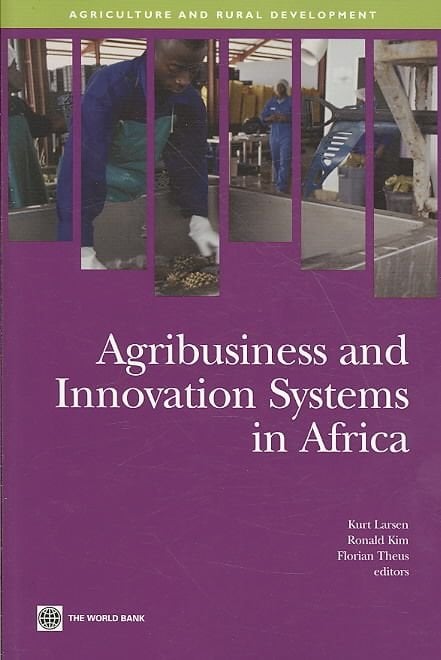This book examines how agricultural innovation arises in four African countries?Ghana, Kenya, Tanzania, and Uganda? through the lens of agribusiness, public policies, and specific value chains for food staples, high value products, and livestock. Determinants of innovation are not viewed individually but within the context of a complex agricultural innovation system involving many actors and interactions. The volume is based on qualitative interviews with agribusiness representatives that were designed to shed light on their experiences on public policies that either enhances or impedes innovation in Africa’s agriculture sector.Following are the volume’s main messages on policies, institutions and strategies that nurture innovation in the agriculture sector: 1) agribusiness innovation is in many cases driven by the need to maintain grades and standards within the value chain, not only in the case of export markets, but also in evolving domestic and urban markets and value chains; 2) that staple food sector has potential to be a source of growth, innovation and poverty reduction; 3) successes in value chain innovation and agribusiness production depend critically on the structure of the whole agricultural innovation system and are highly context specific; 4) especially successful innovation were dependent on creating synergies between market-based and knowledge-based interactions and strong linkages within and beyond the value chain; and 5) the public sector’s innovation support has to extend to interactions, collective action and broader public-private partnership programs.This book will be of interest to policymakers, agribusiness leaders, farmer organizations, NGOs, and researchers.












